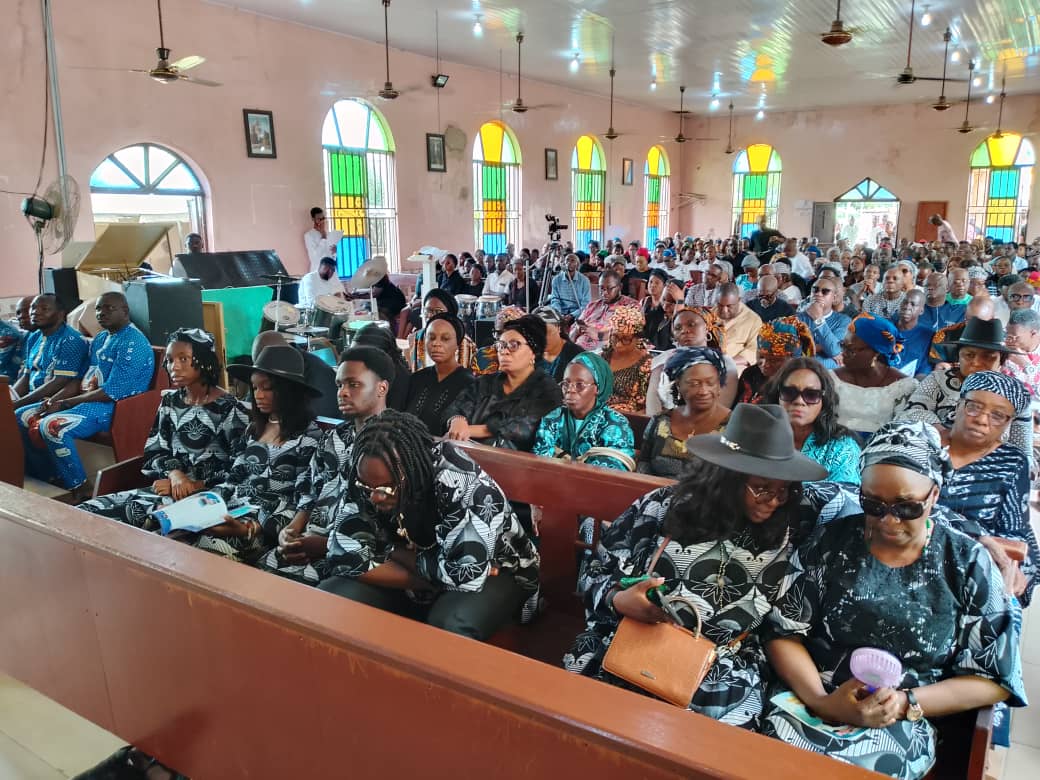… To End Unethical Local Organ Transplantation Practices
By Joyce Remi-Babayeju
The federal government has disclosed that efforts are ongoing to integrate organ transplant services into the National Health Insurance Authority Framework services.
This was made known in Abuja by Prof. Philip Abiodun, Chairman of the Committee on NTHISC, when the Ministry of Health and Social Welfare inaugurated National Tertiary Health Institutions Standards Committee (NTHISC) at a one day seminar to develop national standards and guidelines for organ and tissue transplants in Nigeria.
There are also plans to set up organ and tissue banking facilities for improved availability and timely access, Prof. Abiodun revealed.
Also, the federal government has taken concrete steps to end all forms of unethical organ transplant practices in Nigeria.
The national standards and guidelines for organ and tissue transplants is
in line with the provisions of the National Health Act 2014.
The committee, consisting of seasoned health professionals from Nigeria and the Diaspora, is chaired by Professor Philip Abiodun.
Earlier, in March,the committee had unveiled the 2025 Standards and Guidelines for Establishing and Coordinating Organ/Tissue Transplantation in Nigeria.
The document provides a framework for safe, ethical, and globally aligned transplantation practices.
The NTHISC chairman, had warned that without clear protocols and ethical standards, Nigeria risks unsafe practices, exploitation, and a loss of public trust.
Prof. Abiodun said, “The 2025 Standards and Guidelines are Nigeria’s powerful tool to regulate every aspect of organ and tissue transplantation—ensuring donor and recipient safety, maintaining quality care, and eliminating malpractice and unethical conduct.”
He cited disturbing reports of exploitation, including cases of underage and impoverished Nigerians being coerced into organ donation, and young female undergraduates repeatedly recruited to donate eggs for assisted reproduction without adequate health risk awareness, noting that such cases are stark reminders of the dangers posed by weak regulation.
“Every facility offering transplantation services, every regulatory body, transplant surgeon, ethics committee, policymaker, and civil society organization must commit to upholding these standards,” he declared.
According to him, “the ethical foundation of the guidelines, which require voluntary and informed consent, prohibit organ trafficking and commercial dealings, and guarantee equitable access to transplantation services regardless of socioeconomic status.”
Prof. Abiodun enumerated guidelines compliance to include registration of all health institutions and practitioners involved in organ transplantation to strengthen compliance and service quality.
Establishment of a National Organ Donation and Transplantation Registry to track activities, monitor outcomes, and support research.
In her remarks, Dr. Iyore James, President of CCCF, reaffirmed the Foundation’s commitment to promoting ethical practices and improved standards in transplantation.
The seminar, themed “Promoting Safe, Ethical and Accessible Transplantation Practices through Awareness and Stakeholders’ Engagement,” highlighted the importance of collective action in building a safe and equitable transplantation system in Nigeria.
End





